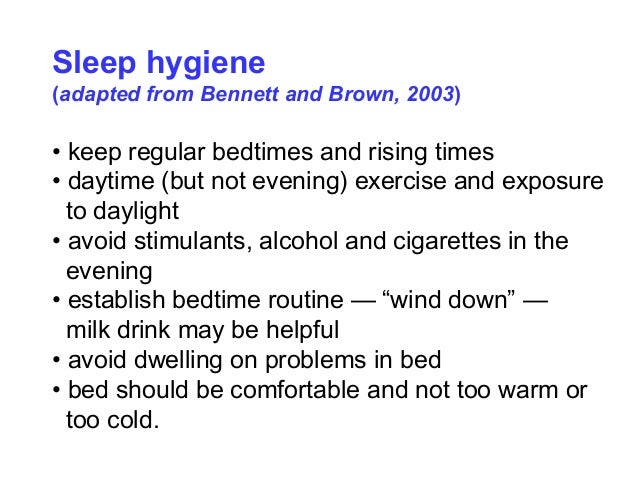

Researchers divided the patients into 2 groups: One group received a massage intervention, while the other received 3 hypnosis sessions. Pain managementĪ 2016 study explored the benefits of hypnosis and self-hypnosis for 53 hospitalized older adults experiencing chronic pain.

These benefits could certainly have an indirect effect on weight loss, which another key finding of the study appears to confirm: Participants who used hypnosis regularly did lose more weight than those who didn’t. Researchers encouraged these 60 participants to use self-hypnosis before eating to improve self-control and break unwanted eating habits.Īccording to the results, self-hypnosis promoted feelings of fullness after eating, along with improved quality of life and reduced inflammation. tips for mindful eating, sticking to a nutritious diet, and adding physical activity to a daily schedule.The review authors noted that hypnosis appeared to have the most benefit for weight loss when combined with diet changes and exercise.Ī 2018 study of 120 adults with a body mass index (BMI) between 35 and 50 compared the benefits of two weight loss programs. limiting eating in response to emotional or external cues.promoting greater acceptance of body image.increasing awareness of food during meals.Nine of those studies found some evidence to suggest hypnosis or self-hypnosis could help promote weight loss.Īccording to the review authors, hypnosis and mindfulness can help with weight loss by:

Weight lossĪ 2021 review considered 11 studies evaluating the potential benefits of hypnosis for weight loss. They concluded that, despite the need for more research, hypnosis showed overall promise as a low-risk treatment for sleep issues.

It was originally called mesmerism, after Mesmer (though he termed it “animal magnetism”). Modern practitioners, like Franz Mesmer, eventually brought hypnosis into the public consciousness. “The Book of Healing,” published in 1027 by Persian philosopher Ibn Sina (Avicenna), also mentions hypnosis. Temple sleep, practiced widely throughout early Greek and Egypt, involved a meditative ritual said to bring on a deep, healing sleep and dreams of a cure for the sleeper’s physical or mental symptoms. In the 18th century, hypnosis was all the rage, but the practice goes back further than many realize. Share on Pinterest Lucas Ottone/Stocksy United


 0 kommentar(er)
0 kommentar(er)
